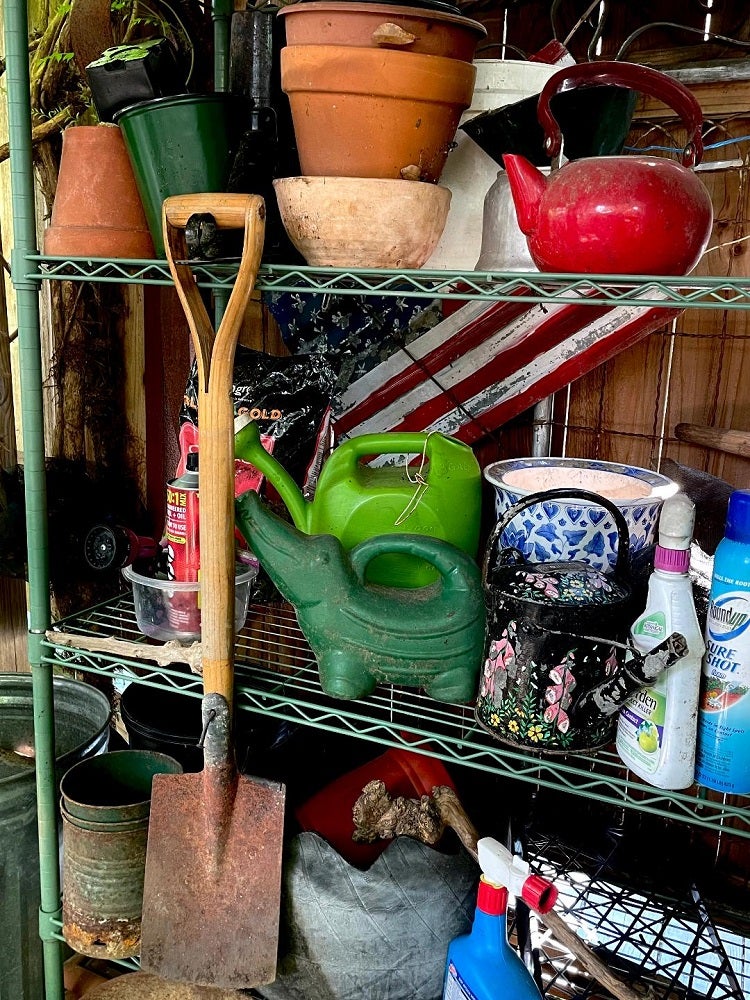Ballot measure would let California negotiate drug prices
Published 7:00 am Friday, December 2, 2016
The fight in California over a ballot initiative that would begin to control the price of pharmaceuticals paid by state programs shows how difficult it is to “do something” about the high price of prescription drugs.
According to the Bureau of Labor Statistics, U.S. drug spending rose 7 percent this year – the biggest increase in 24 years – and most Americans now think drug prices are unreasonable. So it’s not surprising the pharmaceutical industry is running scared and, with its deep pockets, is spending big to convince millions of Californians to vote “No” on Prop 61, a Nov. 8 ballot measure that would “do something.”
It’s a simple measure, says Roger Salazar, the spokesperson for the group “Yes On Prop 61.” It would require the state to pay no more for prescription drugs than the U.S. Department of Veterans Affairs spends for the same medications. The VA negotiates prices with pharmaceutical companies, and federal law requires that the department get a discount of at least 24 percent off the drugs it buys.
That may seem reasonable considering the state spends billions on drugs it buys through such programs as CalPERS, the state employees retirement fund, the fee-for-service recipients in
Medi-Cal, the state’s version of Medicaid, the state prison system, and an AIDS drug assistance program. Over time proponents say the
measure could save the state billions. For CalPERS alone they argue the measure could save almost $4 billion over 10 years. The state legislative office says the financial impact is “unknown.”
If proponent’s estimate of potential savings is correct, that’s hardly chump change. CalPERS, one of the country’s largest healthcare purchasers, saw its costs for specialty drugs – high-cost medicines for complex, chronic conditions – jump 30 percent in 2015.
The pharmaceutical industry, though, worries that if the measure passes in California, it could open the door for other states to follow. Even worse, it might lead to the federal government negotiating prices with drug companies as most other nations do. “It’s a fairly straightforward expansion of price controls,” is how Stephen Ubl, president of the drug makers trade group, described it last summer in an interview with the New York Times.
The drug industry has fought against such negotiations for decades. Recall that Medicare is prohibited by law from negotiating prices for the prescription drugs it pays for on behalf of 56 million beneficiaries. “We can’t negotiate for purchasing in one of the largest insurance systems in the world,” says former Medicare administrator Don Berwick.
See part two in next week’s Item.
By Trudy Lieberman




